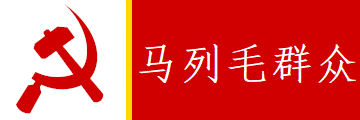原文:
To push the national economy forward is an important instruction of Chairman Mao’s. Building China into a powerful modern socialist country before the end of the century is a grand blueprint personally drawn up by Chairman Mao. However, sharp struggle between the two lines has always existed on the question of the type of modernization and how to realize it. The unrepentant capitalist-roader in the Party never mentioned taking class struggle as the key link but trumpeted the theory of productive forces. He said that he cared only about a rise in the national economy but not how it was to be done. He disapproved of putting proletarian politics in command and peddled “putting profit in command” and “material incentives.” He opposed relying on the masses and advocated the return to “relying on specialists in running factories.” He opposed the policy of building our country independently with the initiative in our own hands and relying on our own efforts, and trumpeted servility to things foreign. If things were done according to his revisionist line, then the nature of socialist ownership would be changed, the relation between men would become one between employers and employees, the capitalist system of distribution would reappear, and socialist relations in production would be undermined. In this way, the result would be that the national economy would fail to develop, or if it developed, it would either be temporary or it would turn out to be modernization of an imperialist or social-imperialist type. Whichever way it might take, production would be hampered and the development of the social productive forces retarded.
